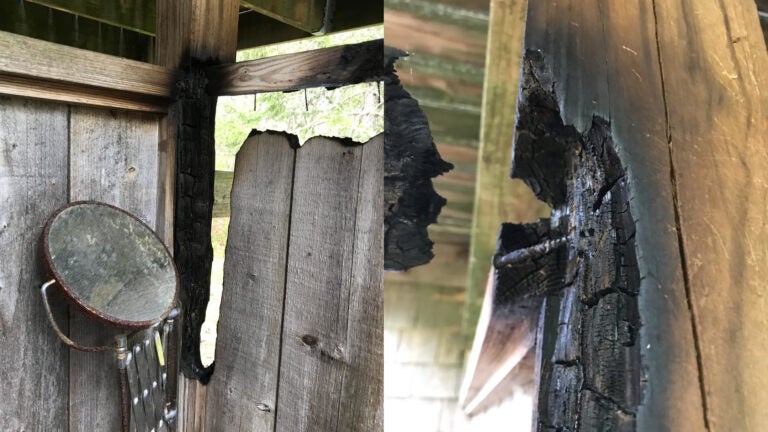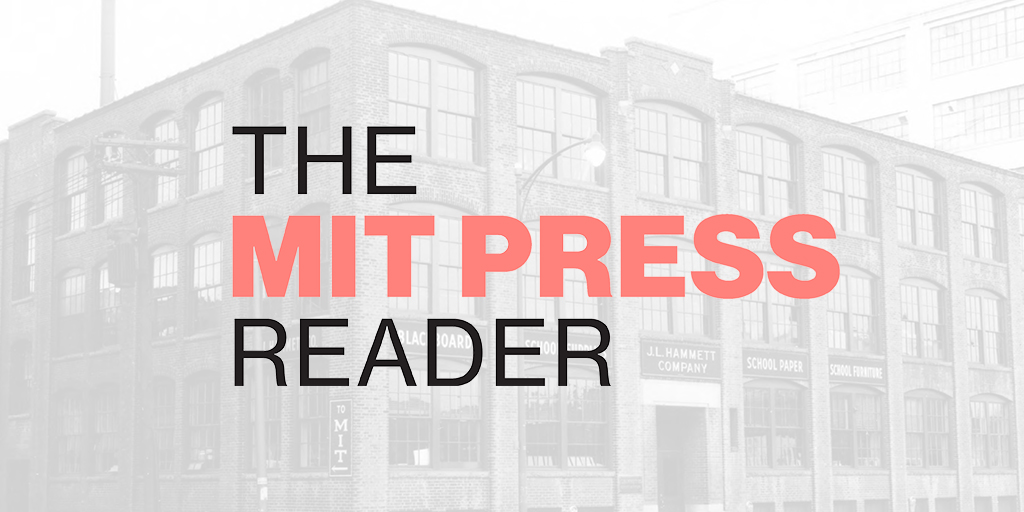
- Select a language for the TTS:
- UK English Female
- UK English Male
- US English Female
- US English Male
- Australian Female
- Australian Male
- Language selected: (auto detect) - EN
Play all audios:
HSR&D MERIT: IMPROVING TRANSPLANT MEDICATION SAFETY THROUGH A TECHNOLOGY AND PHARMACIST (ISTEP) INTERVENTION IN VETERANS. (PI: TABER) This is a multi-center, prospective,
cluster-randomized, parallel-arm study that will test the efficacy of a dashboard-enabled intervention at reducing health care encounters and costs in Veteran organ transplant recipients.
HSR&D MERIT: RANDOMIZED CONTROLLED TRIAL OF ABOUTFACE: A NOVEL VIDEO STORYTELLING RESOURCE TO IMPROVE ACCESS, ENGAGEMENT, AND UTILIZATION OF MENTAL HEALTH TREATMENT AMONG VETERANS WITH
PTSD: (PI: GRUBAUGH) The National Center for PTSD (NCPTSD) developed and launched AboutFace, a public awareness campaign to help Veterans recognize PTSD and motivate them to seek
evidence-based care. In addition to providing needed data on the efficacy of AboutFace and identifying strategies for effective implementation within VHA, this study will provide a greater
understanding of the role and value of digital storytelling interventions to improve access to care for a wide range of stigmatized conditions. VISN7 COMMUNITY CARE VALUE ASSESSMENT
PROJECT (PI: AXON) This 2-year VISN-funded quality improvement project aims to advise operations leaders in VA during the MISSION Act Era by providing information on the quality, cost, and
value of VA-purchased community care in selected clinical areas including cancer care, GI care, and orthopedics. PATIENT SAFETY CENTER OF INQUIRY (PI: AXON) This 3-year quality
improvement program will evaluate the causes of medication-related adverse drug events among Veterans receiving community hospital and specialty care and adapt an existing pharmacist-driven,
technology-enabled medication safety program to improve medication outcomes for Veterans. RR: IMPACT OF THE COVID 19 PANDEMIC ON CHRONIC DISEASE CARE WITHIN THE VA (PI: HUNT) COVID-19
has profoundly impacted health and care for Veterans who are generally older, sicker, more rural, and more economically vulnerable than the overall U.S. population. Our primary objective is
to build capacity for a robust evaluation of the impacts of the pandemic on chronic medical conditions. Specifically, we will (1) examine the pre-post impact of the pandemic, (2) the impact
of telemedicine, and finally (3) the impact of neighborhood deprivation as well as racial-ethnic disparities on VAMC's ability to provide care during the pandemic. SDR: PRIME CARE
(PRECISION MEDICINE IN MENTAL HEALTH CARE) (PI: HAMNER) Commercial pharmacogenetic (PGx) testing for psychotropic medications has become widespread as a means of implementing
"precision medicine”. This multi-site RCT will evaluate the utility of PGx testing in treating Major Depressive Disorder. OPIOID USE DISORDER DURING COVID 19 (PI: MYERS) To develop
methods required to conduct robust analyses assessing the impact of COVID-19 and related changes in policy and service design on access to care and medication management for Veterans with
Opioid Use Disorder. VISN 7 RESEARCH DEVELOPMENT AWARD: ENGAGEMENT, UTILIZATION, AND ECONOMIC IMPACT OF HOMEBASED TELEMENTAL HEALTHCARE FOR PTSD (PI: MYERS) The goal of this project was
to find ways to increase the implementation of Clinical Video Telehealth (CVT) for PTSD. The study aims included retrospectively examining treatment attendance of CVT for PTSD compared to
in-person and “hub and spoke” model, examining the effectiveness of CVT for PTSD by studying (a) healthcare utilization and (b) economic impact, and conducting qualitative interviews with
Veterans who engage in CVT for PTSD and providers for delivering CVT for PTSD to better understand satisfaction with services. DOD: EVALUATING THE FEASIBILITY OF RESCUE: AN ADJUNCTIVE
HAI-BASED INTERVENTION FOR VETERANS WITH PTSD (PI: GRUBAUGH) Post-Traumatic Stress Disorder (PTSD) is a common mental health disorder among Veterans. Currently, there are more Veterans with
PTSD who refuse or drop out of treatment than there are Veterans who complete treatment. Recovery through Engagement with Shelter Canines, Understanding, and Exposure (RESCUE), is an
adjunctive, Human-Animal Interaction (HAI) intervention that will be developed for integration into Prolonged Exposure (PE) treatment. The goal of RESCUE is to decrease emotional numbing, an
important barrier to care and functionally impairing PTSD symptom cluster, and thus improve functioning and increase treatment engagement and completion rates. This study aimed to develop
and pilot test the feasibility, acceptability, and efficacy of an adjunct intervention for use with Empirically Based Treatments (EBT) for posttraumatic stress disorder (PTSD) to increase
treatment engagement, and treatment completion, and improve treatment response regarding emotional numbing symptoms. Recovery through Engagement with Shelter Canines, Understanding, and
Exposure (RESCUE), is an adjunctive, Human-Animal Interaction (HAI) intervention that will be developed for integration into Prolonged Exposure (PE) treatment. HSR&D MERIT: STORY-CALL:
E-MOBILE SUPPORT FOR COMMUNITY CAREGIVERS OF VETERANS WITH DEMENTIA: (PI: POPE) Alzheimer's disease and the isolation it produces imposes a heavy burden on informal caregivers (CGs) of
Veterans who are persons with dementia (PWD) and Veterans caring for PWD. Caregiver research indicates that dementia CG carries a greater burden than other chronic diseases. Of the more
than 15 million CGs for dementia, nearly half are employed full or part-time and 55% are the primary breadwinner who may struggle with absenteeism, increased personal illness, and greater
stress. Mobile technology can reach people who may be isolated, and desire increased social support. The Story-Call feasibility study will deliver personalized story-telling support in the
form of short success stories generated by CGs and access to resources via a mobile phone application (APP) delivered to CGs of community-dwelling persons PWD. Hypothesis: The mobile APP is
expected to enhance the well-being of working CG, decrease their perceived CG burden, increase their use of community resources and services, and potentially decrease CG costs through delay
in the institutionalization of Veterans. HSR&D MERIT: GROUP MOTIVATIONAL INTERVIEWING (GMI) FOR HOMELESS VETERANS IN VA SERVICES: (PI: SANTA ANA) This study promotes access to care for
homeless Veterans who are at risk for continued impairment in health and social functioning and whose treatment needs cannot be met by VA housing alone. One hundred and eighty-five Veterans
in VA housing services with a diagnosis of alcohol or drug abuse/dependence were enrolled and randomly assigned to (1) GMI or (2) CT, each consisting of 4 sessions, and evaluated at 1, 3,
and 6 months. This study was used to investigate the effectiveness of GMI for Veterans with substance use disorders in VA housing as compared to a control intervention, Life Skills Education
Group (LSEG), across the following domains: treatment engagement, substance use, and psychosocial adjustment. HSR&D MERIT: IMPROVING PTSD SERVICE DELIVERY FOR VETERANS WITH SEVERE
MENTAL ILLNESS (PI: GRUBAUGH) Individuals with severe mental illness (SMI) are extremely vulnerable to both the experience of trauma and the subsequent development of PTSD. Despite high
rates of trauma and PTSD, little is known about the most effective strategies for treating this subset of trauma survivors, particularly Veterans. As such, the overarching aims of this
proposal are to adapt and refine posttraumatic stress disorder (PTSD) interventions for Veterans with severe mental illness (SMI); and effectively implement these interventions within
Veterans Affairs Medical Centers (VAMCs). The data gathered from this project will help ensure that cognitive-behavioral exposure interventions are responsive to the unique needs of SMI
patients in VA settings. These pilot data will also inform larger randomized trials, including effectiveness trials and efforts to improve the dissemination of interventions for this
population (future planned research CDA and/or Merit grant applications). This proposal is responsive to VA research initiatives that emphasize the need to develop and evaluate mental health
interventions aimed at reducing disparities in mental healthcare. LOCALLY INITIATED PROJECT: VETERANS PERSPECTIVES AND LIKELY IMPACT OF THE VETERANS CHOICE PROGRAM: (PI: AXON) Recent
national controversy regarding timely access to primary and specialty care in the VHA has precipitated new operational initiatives and federal legislation slated to cost $17 billion over 5
years and is estimated to affect up to 500,000 Veterans. Specifically, the Veterans Accelerating Access to Care Initiative (ACI) aims to maximize existing clinical access and facilitate
referral of Veterans for non-VA community care where wait times for VA care are greater than 30 days. The Veterans Access, Choice, and Accountability Act of 2014 (VACA) mandates extensive
expansion of the VA healthcare provider workforce and creates a national program focused on providing non-VA healthcare to Veterans residing more than 40 miles from a VA medical center or
community-based outpatient clinic (CBOC). While the prospect of expanding Veterans' access to care is appealing, the optimal means for operationalizing these mandates is unclear as is
the likely impact on quality of care, satisfaction, and health outcomes. The Veterans' voice has been largely absent from the discourse thus far, and little is known regarding the
viewpoint of patients most likely to be affected by developing initiatives. Further, it is unclear what effects expanded community healthcare access will have on service utilization and net
costs from the perspective of the federal government. Our study involves rural Veterans residing more than 40 miles from a VA facility that a) explores Veterans' perceptions and
preferences about access to alternative resources for healthcare and facilitators and barriers to implementation of new VA programs, and b) provides estimates for changes in the of the rates
and types of healthcare services utilized and associated costs in affected patient populations. This pilot study will generate important preliminary data on the Veterans Choice Program and
facilitate planning for a future prospective HSR&D study.








